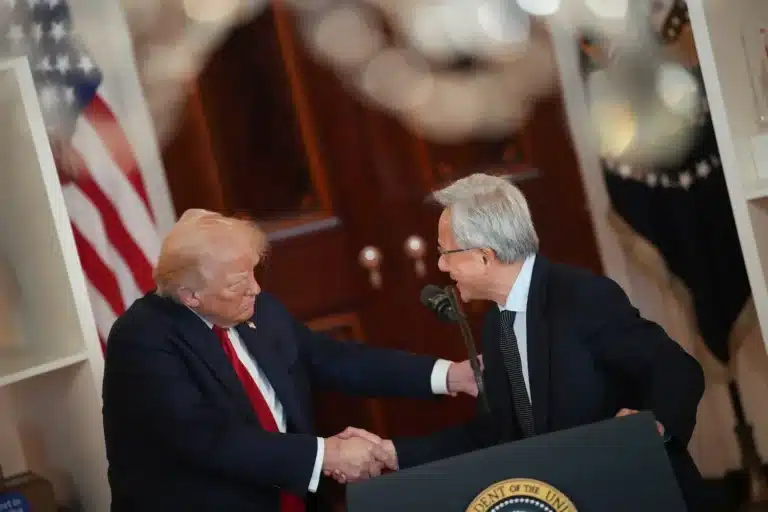Could a strategic lithium reserve kickstart US supply chain development?
NEW YORK -- A strategic lithium reserve is being mooted as a solution to stabilize volatile prices that have hindered American mining projects, allowi
Current Access Level “I” – ID Only: CUID holders, alumni, and approved guests only
On January 2, the United States carried out an attack in Baghdad against a convoy of vehicles that killed Qasem Soleimani, an Iranian general and head of Iran’s Islamic Revolutionary Guard Corps Qods Force. Iran retaliated for the attacks, launching ballistic missiles at Iraqi bases housing U.S. troops. The next morning, both sides indicated a desire to deescalate the conflict.
Yet, while Iran and the U.S. have seemingly stepped back from the brink, it is far from clear Iran is done retaliating for Soleimani’s death, and a broader military conflict certainly remains a possibility, along with further attacks that may affect energy infrastructure.
In this edition of Columbia Energy Exchange, host Jason Bordoff is joined by CGEP’s Richard Nephew and Antoine Halff, who explain what led to this escalation with Iran, and what may happen next. Richard is a Senior Research Scholar at CGEP and the former Principal Deputy Coordinator for Sanctions Policy at the U.S. Department of State. In his prior role, Richard was instrumental in designing the sanctions regime against Iran, as well as the deal that lifted them, known as the Joint Comprehensive Plan of Action, which the Trump Administration has pulled out of. Antoine is an Adjunct Senior Research Scholar at CGEP, and former Chief Oil Analyst at the International Energy Agency. One of the leading oil market experts in the world, Antoine served as editor of IEA’s flagship publication, the Oil Market Report. Before that he was Lead Industry Economist at the U.S. Energy Information Administration.
Jason sat down with Richard and Antoine yesterday to discuss the attack on Solemani, Iran’s response, and the potential impacts on geopolitics, energy markets, oil prices, energy security, and more.
Over the past week, President Trump has intensified pressure on Venezuelan president Nicolás Maduro by targeting the regime’s economic lifeline—oil. The United States has seized two oil tankers...

If it seems like you're hearing a lot more about geothermal energy lately, that's because this clean, firm energy source is at a technological turning point. With roots...

Investment in clean energy technologies is on course to hit a record $2.2 trillion this year, according to the International Energy Agency. That’s more than twice the amount...
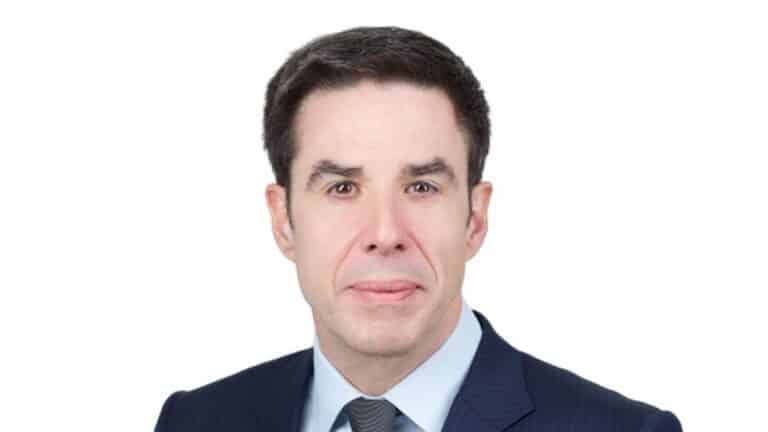
The national conversation around climate change is shifting. There’s more focus on energy affordability and demand, as well as on the dual role artificial intelligence plays as both...

This Energy Explained post represents the research and views of the author(s). It does not necessarily represent the views of the Center on Global Energy Policy. The piece...
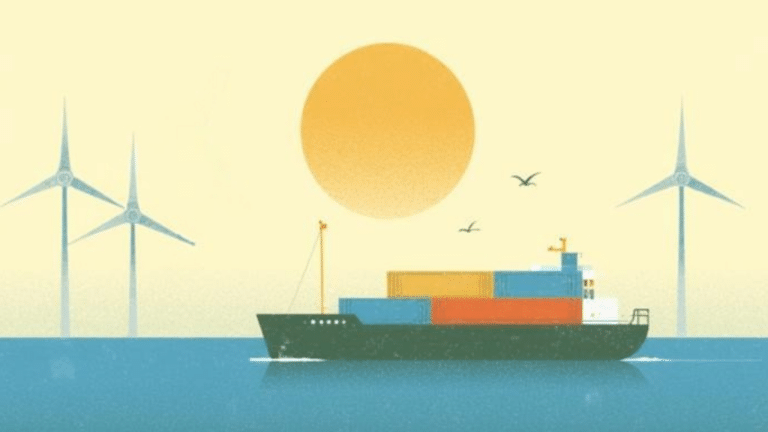
Geopolitical uncertainty associated with Russian gas exports could swing the range of those exports by an estimated 150 bcm per year.
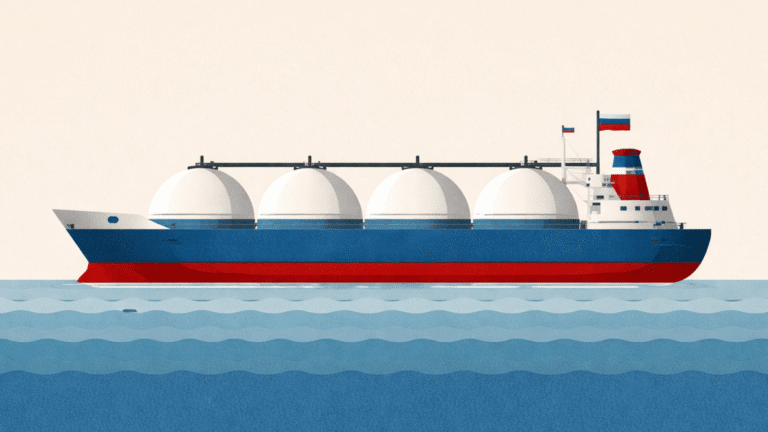
From the east to west and north to south, in red states and blue states, attention to data centers is skyrocketing in state capitals across the United States.
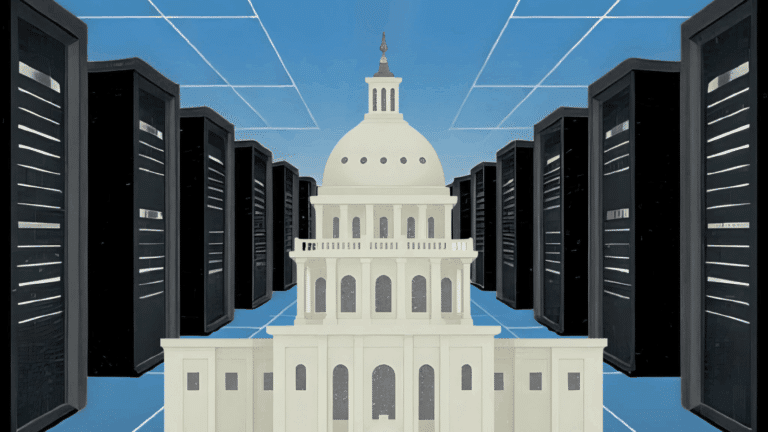
Trump’s latest proposal would cede the United States’ AI advantage.
